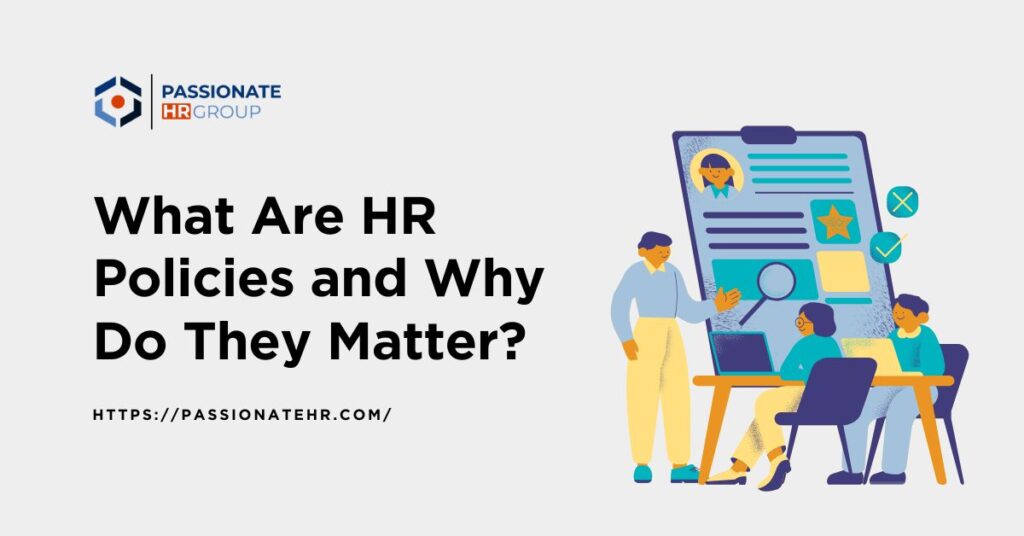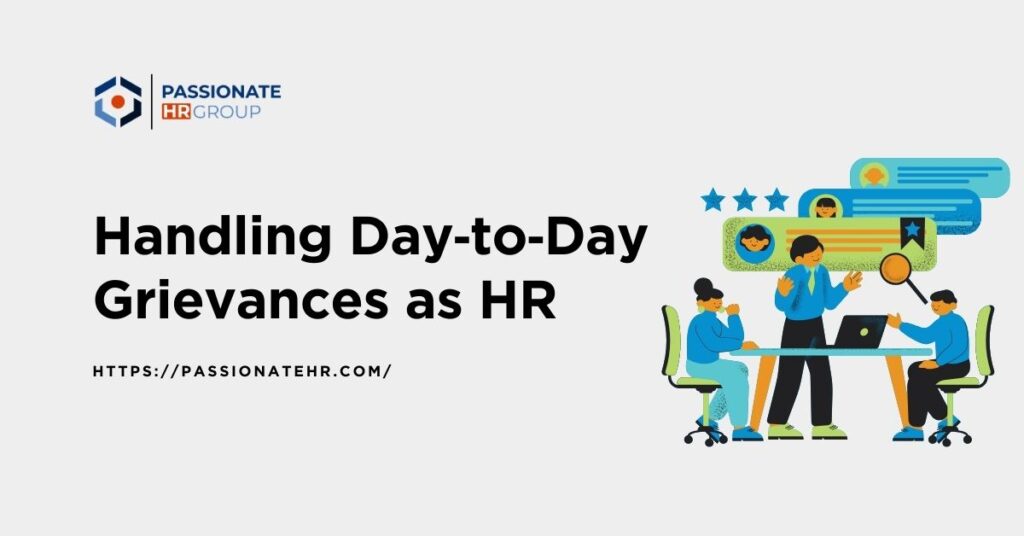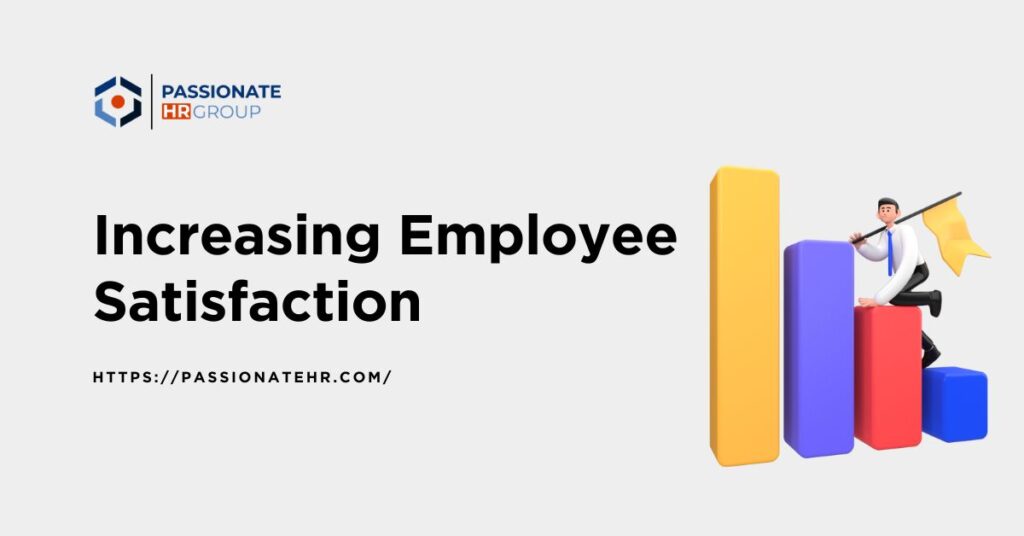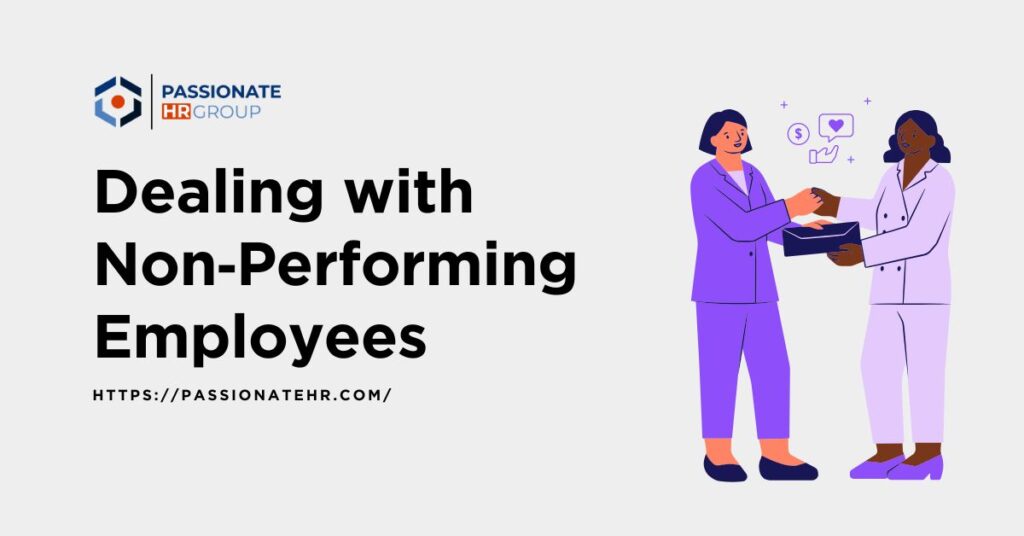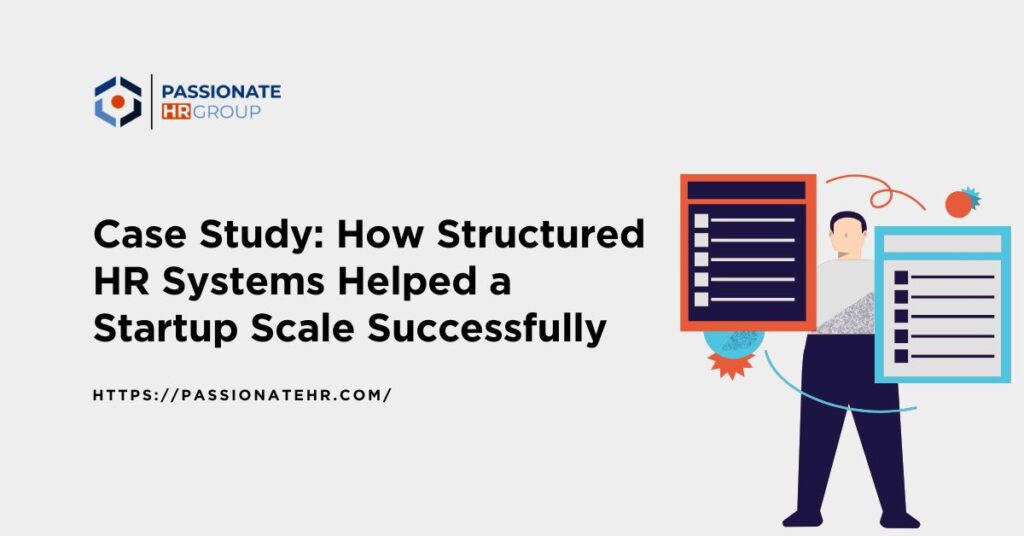Imagine starting a new job where no one explains the rules. You are left wondering how much leave you get, what to do if you face a workplace issue, or what your employer expects each day.
Without guidelines, the workplace would quickly become confusing and unfair. This is why companies develop HR Policies.
These policies provide clear direction for employees and managers. They cover behavior, attendance, safety, pay, and many other areas of work life.
Without them, businesses face risks like legal troubles, disputes, and unhappy staff.In this article, we’ll explore what HR policies are, why they matter, and how they create a better workplace for everyone.
What Are HR Policies?
At the simplest level, HR Policies are written rules that explain how a company manages its people. They outline rights, responsibilities, and standards that apply to both employees and employers.
Think of them as a playbook for the workplace. Instead of guessing what’s allowed or acceptable, employees can rely on Trusted HR Policies in the handbook for answers. For example, questions about leave, behavior, or pay are covered in these documents.
The key difference between policies and casual practices is that policies are formal, documented, and applied equally to everyone. This consistency makes them reliable and prevents unfair treatment.
Why Do HR Policies Matter?
Setting Expectations for Employees and Employers
Employees thrive when expectations are clearly defined. Well-articulated HR policies serve as a foundation for this clarity,outlining standards around work hours, attendance, performance benchmarks, and professional conduct.
When these guidelines are consistently applied, they not only empower individuals to perform confidently but also enable employers to manage teams with fairness and transparency.
In essence, policies transform ambiguity into alignment, fostering a culture of accountability and trust across the organization.
Building Consistency and Fairness
Fairness is vital in a workplace. If one employee gets special treatment without reason, trust is lost.
Policies keep things equal by setting the same rules for everyone. This fairness builds respect between staff and management.
Protecting Employees’ Rights
Every worker deserves safety and dignity. Policies on harassment, health, safety, and equality protect employees’ rights. They also give employees the confidence to report issues without fear.
Supporting Managers in Decision-Making
Managers often face tough choices. With clear policies in place, they can rely on established guidelines instead of personal judgment. This prevents bias and creates a fair process for everyone involved.
Key Areas Covered by HR Policies
Recruitment and Hiring
Hiring must be done fairly. Policies guide how jobs are advertised, how interviews are held, and how candidates are selected. This avoids discrimination and promotes equal opportunity.
Attendance and Leave
Clear policies about work hours, late arrivals, sick leave, and vacations help both employees and managers. Workers can plan their time with confidence, while companies can maintain steady productivity.
Workplace Behavior and Conduct
Workplaces thrive on professionalism and respect. Conduct policies explain what behaviors are acceptable and what actions may lead to disciplinary measures. This helps prevent conflict and promotes harmony.
Health and Safety Rules
Safety is a responsibility shared by everyone. Policies create clear steps to prevent accidents and protect staff from harm. By following them, workplaces reduce risks and promote well-being.

Pay, Benefits, and Performance Management
Compensation and performance management are among the most sensitive yet impactful areas in HR.
Clear, well-structured policies around salaries, bonuses, promotions, and performance reviews are essential to fostering transparency and fairness.
When employees understand how their contributions are evaluated and rewarded, they feel valued and engaged.
For employers, this clarity translates into a motivated workforce, reduced ambiguity, and consistent decision-making across the organization.
In essence, transparent policies are not just procedural,they’re foundational to a culture of trust and accountability.
How HR Policies Support a Positive Workplace
Creating Trust Between Staff and Management
Trust is the foundation of a healthy workplace. Employees feel secure when they know policies are applied fairly to everyone, without exceptions or favoritism.
For instance, if a company has a clear leave policy, workers can see that decisions about time off are made based on the same standards for all.
Management also earns respect by following these rules themselves and being transparent about decisions.
Over time, this consistency creates stronger bonds between staff and leadership, leading to a culture of honesty and reliability.
Preventing Conflicts Before They Grow
Small misunderstandings can quickly turn into larger disputes if there are no clear rules in place.
Issues like overtime pay, attendance, or workplace responsibilities often cause frustration when expectations are unclear.
Policies provide clear answers before conflicts escalate. For example, an overtime policy that explains exactly when extra hours are paid avoids confusion and reduces the chance of disagreements.
With this guidance in place, both employees and managers can handle situations calmly, keeping the workplace more harmonious.
Encouraging Respect and Professionalism
Respect doesn’t happen by accident,it grows when everyone knows the standards of behavior expected at work.
Policies on conduct and communication remind employees of these standards and set boundaries for acceptable actions. For example, a clear policy against harassment shows that the company values dignity and fairness.
When employees see that such rules are enforced consistently, they feel safer and more respected. This not only reduces tension but also promotes professionalism and positive interactions across teams.
Boosting Employee Engagement
Engaged employees feel connected to their roles and motivated to give their best. Policies help support engagement by removing uncertainty.
When people understand what is expected of them, how their performance will be reviewed, and how rewards are given, they feel more confident in their workplace.
For example, a transparent performance policy that outlines how promotions are earned encourages employees to stay committed and work toward their goals.
A sense of fairness and recognition drives higher motivation, loyalty, and productivity, strengthening the overall workplace culture.
The Legal Side of HR Policies
Employment Laws and Compliance
Every business must follow labor laws. Policies help companies stay compliant by outlining rules on working hours, wages, leave, and other legal requirements. This protects both employees and employers from unnecessary disputes.
How Policies Protect Both Employees and Organizations
Policies are not just about rules,they are also about protection. When disputes or complaints arise, documented guidelines show that the company acted fairly. This protects employees from mistreatment and shields employers from legal risks.
Real-Life Example of Legal Challenges Avoided Through Policies
Consider an employee claiming wrongful dismissal. If the employer has a documented termination policy, it can prove that the dismissal followed fair procedures. Without such policies, companies are more vulnerable to legal challenges.
The Role of HR Policies in Company Culture
How Policies Reflect Company Values
Policies are more than just paperwork,they reflect what the company believes in. A business that values teamwork may create policies that encourage collaboration. A workplace that values fairness may include strong anti-discrimination rules.
Example: Policies on Inclusivity and Diversity
Many companies now focus on diversity and inclusion. Policies in this area set guidelines for hiring, communication, and employee support. These policies show that the company welcomes and respects everyone.
Balancing Strict Rules with Flexibility
While rules create structure, flexibility makes them practical. For example, a remote work policy can set boundaries but also allow adjustments when employees have special needs. This balance keeps the workplace both fair and adaptable.
Common Mistakes Companies Make with HR Policies
Having Outdated Policies
Workplaces change over time. One mistake companies make is leaving policies unchanged for years. Regular updates are needed to stay relevant and useful.
Copying Generic Rules Without Fitting Them to the Workplace
Every company is different. Simply copying another company’s handbook can cause problems. Policies should reflect the specific environment and culture of the organization.
Failing to Communicate or Train Employees on Them
Even the best policies are useless if employees don’t know about them. Companies must communicate policies clearly and train employees to follow them. Accessibility is as important as content.
Tips for Building Effective HR Policies
Keep Them Simple and Clear
Policies should guide, not confuse. Complicated wording often makes employees avoid reading them. Simple language and a clear structure help people understand what’s expected.
For example, a leave policy that directly explains how many days are allowed and how to apply removes guesswork and keeps things consistent.
Involve Employees in Feedback
Employees often notice everyday challenges that managers may miss. Asking for their feedback when creating or updating policies makes the rules more practical and fair.
It also builds trust, because staff feel included in decisions that affect them. When people help shape policies, they are more likely to respect and follow them.
Regularly Review and Update
Workplaces change over time, and so should policies. A rule that worked years ago may not fit today’s needs. Reviewing policies regularly keeps them useful, legally correct, and aligned with company goals.
Updates also show employees that management is paying attention to current realities, not just sticking to old documents.
Make Them Easy to Access
HR Policies lose their impact if employees cannot easily find them. To make them effective, organizations should provide access in simple formats such as employee handbooks, HR portals, or mobile apps.
Sharing these policies during onboarding and reinforcing them in team meetings or training sessions ensures they stay visible.
When HR Policies are accessible and well-communicated, employees are more likely to follow workplace guidelines, understand company expectations, and use them as a trusted reference in their daily work.
Conclusion
Policies are more than documents; they are the foundation of fairness, safety, and trust in the workplace. They create clear expectations, protect employees, and guide managers in making decisions.
They also build stronger cultures by reflecting company values and supporting respectful interactions.
Businesses that care about long-term success understand the importance of updating and communicating policies effectively.
For organizations aiming to strengthen workplace practices, Passionate HR Group provides insights and support to help make policies meaningful and effective.
